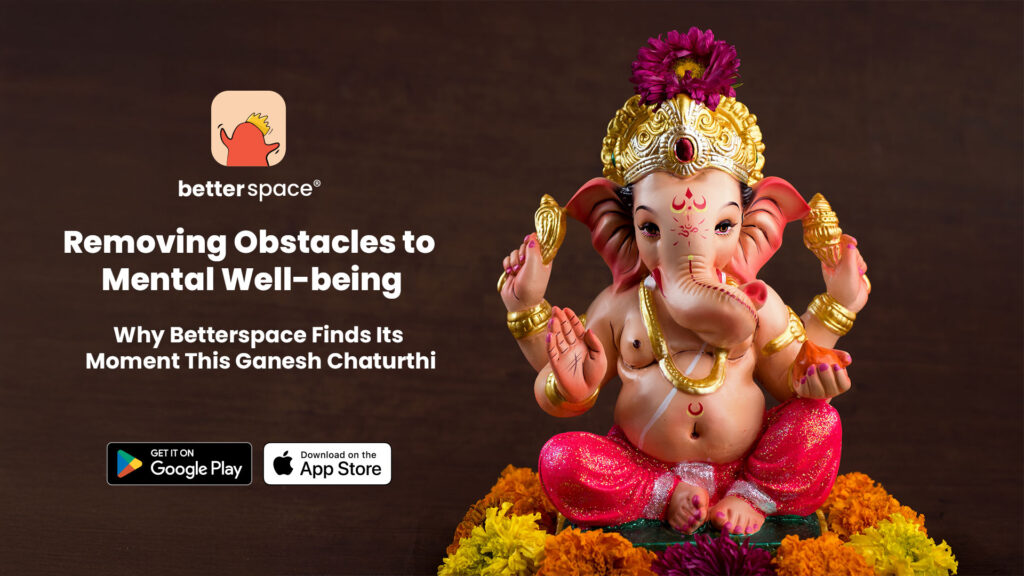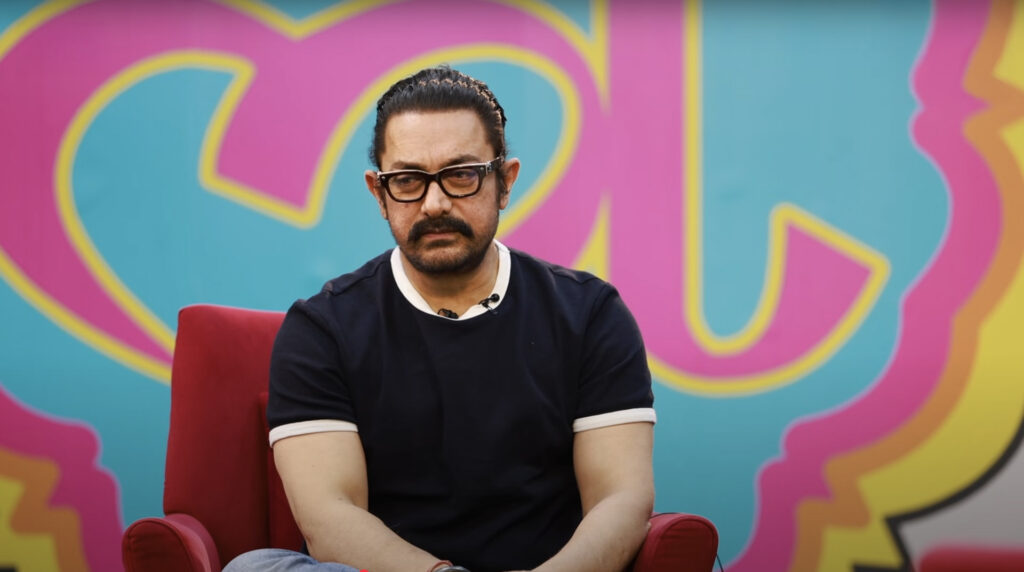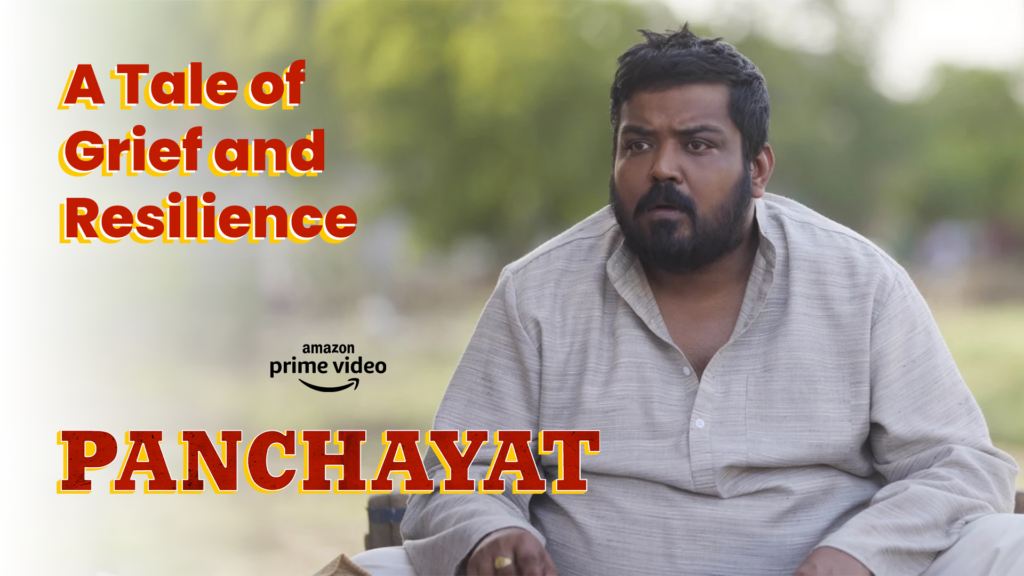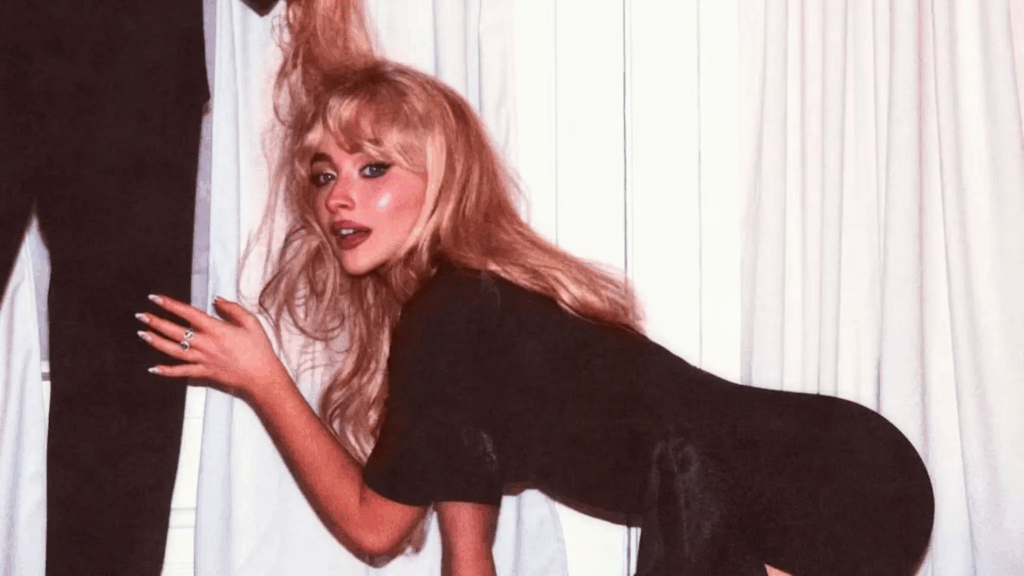When the Spotlight Hurts: Babil Khan’s Tears and the Mental Health Conversation India Desperately Needs
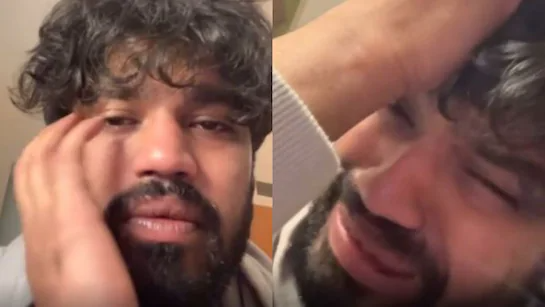
“Even in a room full of people, I’ve felt completely alone.” – Babil Khan
Babil Khan’s recent video of him crying and calling out the fakeness of Bollywood was more than just a trending topic. It was a glimpse into the pain of someone trying to stay real in a world that often rewards masks. In a few unfiltered minutes, Babil did something powerful: he peeled back the glamorous curtain and reminded us all that behind every perfectly edited reel, there might be someone quietly breaking inside.
His rawness wasn’t just about the film industry. It was about what happens when your inner world collapses while the outer world expects you to smile. It was about disillusionment, loneliness, and exhaustion—feelings that too many people carry in silence.
The Real Enemy: Silence and Stigma
Mental health is not a buzzword. It’s not a trend. It’s the messy, human reality of feeling overwhelmed, anxious, disconnected, or numb. Yet, in India, we still whisper about it, if we talk at all. When someone like Babil breaks down publicly, our first instinct is often to either sensationalize or dismiss.
But here’s the truth: what Babil did was brave.
And what followed—misinterpretation, judgment, and a rush to clarify—shows just how uncomfortable we still are with emotional honesty.
In a country where 150 million people need mental health care and less than 30 million actually receive it, it’s time we admit we have a problem. A culture of silence has taught us that showing pain is weakness. That therapy is only for the “mad.” That mental illness is something to be ashamed of.
The result? A silent epidemic. People suffering alone. Some never speaking up. Some never making it out.
The Role of Fake News and Misinterpretation
When Babil’s video went viral, many misread it. Some assumed he was attacking his peers. Some labeled it as a publicity stunt. Others speculated about his mental stability. But very few asked the most important question:
What might he be going through?
Fake news thrives in emotional gaps. When someone opens up, the rush to analyze often overshadows the need to empathize. Misinterpretation isn’t just harmful to public figures. It’s dangerous to every person watching who thinks, “If I speak up, will they do the same to me?”
We need to build a world where expressing emotional pain doesn’t become a headline, but a bridge to support.
A Mirror to Ourselves
What happened to Babil is not just a Bollywood story. It’s your colleague breaking down in the bathroom. It’s the student zoning out in class. It’s the friend who keeps saying “I’m fine” but never looks it.
If anything, Babil held up a mirror to our society. And what we saw was a culture that desperately needs to pause, reflect, and heal.
How We Can Do Better
Healing doesn’t start in hospital rooms. It starts in conversations. In listening without fixing. In saying, “I see you. You’re not alone.”
At BetterSpace, we are not just building services. We are building a culture where asking for help is normal. Where therapy is a tool, not a taboo. Where being vulnerable is strength.
We know what it feels like to be told to “get over it.” We know how heavy unspoken pain can get. That’s why we created spaces that feel safe. Quiet. Human. Like talking to someone who actually listens.
Whether it’s through our therapy pods, AI-chat companion Rooh, or simply a voice on the other side of the call—BetterSpace exists to meet you where you are.
Because pain is not always loud. And healing is not always obvious. But both are real. And both deserve care.
Let’s Talk. For Babil. For Ourselves.
This isn’t just about one video. It’s about all of us. It’s about rewriting the story that says, “you have to be okay all the time.”
Let’s choose empathy over gossip. Support over silence. Let’s make space for emotions that don’t fit into perfect Instagram squares.
To Babil, thank you for showing us that even in pain, there is power. And to everyone reading this—if you’re feeling low, lost, or alone, reach out. To a friend. To us. To yourself.
You deserve better. You deserve space.

